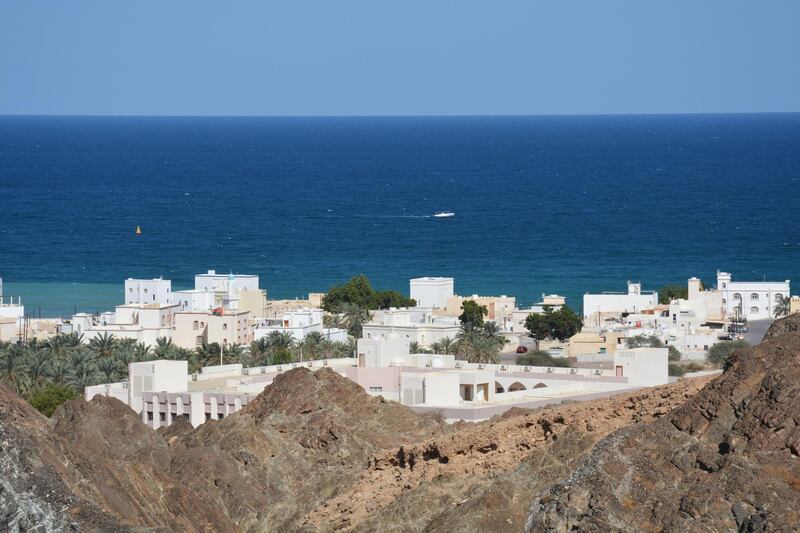Oman’s Grand Mufti Sheikh Ahmed Al Khalili on Thursday urged the government to control the prices of essentials to help people meet the cost of living.
Sheikh Ahmed, who has served as Oman's most senior cleric for a record 46 years, wrote on Twitter that many people are struggling with high prices.
“I appeal to the wise government to intervene and look into the rise in the prices of essential goods to help consumers meet their cost," he said. "People need to meet their urgent requirements, and easing prices is important to the security of looking after their families.”
Sheikh Ahmed rarely makes public political statements, and the message resulted in 10,000 responses and interactions from his 252,000 followers.
“He is our hero for representing us in this subject," Muneer Al Habsi, 46, an Omani civil servant, told The National.
"Yes, prices have slowly been increasing since the pandemic has started and no one is doing anything about it but providing lip service only. We are very grateful to Sheikh Ahmed for highlighting the rising price problem,”
In April, Oman's state-controlled Consumer Protection Authority told businesses not to increase prices under the cover of the value added tax (VAT) introduced that month. The government VAT fixed at five per cent.
Newly-married Omanis said prices rises are putting pressure on their limited finances.
“Shops and supermarkets do not listen to anybody, not even the Consumer Protection Authority," said 27-year old Moosa Al Maskeri, who was married in March. "I am happy that Sheikh Ahmed is now our voice in this problem.
“I am sure the government will listen to him and start to mobilise inspectors to punish business owners who are taking advantage of the [coronavirus] pandemic and the VAT.”
It is not only grocery bills that have gone up. Oman removed fuel subsidies in 2016 and petrol prices at filling stations have increased by nearly a third since then.
In January, the sultanate removed utility subsidies, sending water and electricity bills up by about 20 per cent.
The rise in those charges hit expatriates hardest, as Omanis who own and live in their houses are exempt from the increases.
“I am really stretched with the new situation of VAT, higher fuel costs and removal of utility subsidies. My salary is constant but everything has gone up in price. It is very hard for me to meet costs at the moment,” said Dawood Ahmed, 42, an Egyptian who lives in Muscat.
“I am really happy to know that Sheikh Ahmed is appealing on our behalf. God bless him.”
Shop owners, while admitting to putting up their prices, said inflation is normal.
“Yes, I increased prices beyond the 5 per cent VAT level,” Soud Al Harthy, 36, owner of a fruit and vegetable shop in Seeb, Muscat, told The National.
“Why? Because my suppliers have increased what I buy from them. I cannot keep prices constant when my business bills are going up, including the rent of my shop. Besides, inflation is a normal adjustment in consumerism, and I don’t know why people are moaning about it because the current hike in prices is reasonable.”
The government has not responded to the Sheikh Ahmed's appeal.
Consumers said the increase in prices in the last two years has been noticeable.
“ For example, a kilogram of carrots cost about 500 baizas ($1.3) two years ago but now it is 625 baizas, which is a quarter more. In general, the price of food has gone up between 15 to 25 per cent on most items,” Mr Al Maskeri, said.







